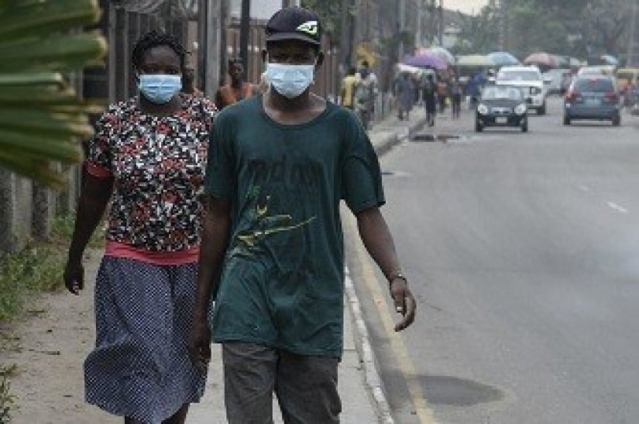A Senior Research Fellow at the Kwame Nkrumah University of Science and Technology’s Global Health Department is urging health authorities to move away from testing people through enhanced contact tracing methods and focus on testing of the general population.
“We have been looking at where we expect the cases to be. Now what happens is that as the infection spreads, you will not be able to catch up with the rate of the spread because the infection can end up being almost everywhere and not just being in specific places,” Dr John Amuasi explained on the Super Morning Show, Monday.
The country’s health authorities have been using enhanced contact tracing methods to find potential patients with Covid-19 since the first two cases were reported in March.
As of May 10, 4,700 people have been confirmed to have tested positive for the virus.
According to the President in his nation address on Sunday, a total of 160,501 tests conducted nationwide so far through enhanced contact tracing methods that have been adopted.
However, Dr John Amuasi says that enhanced contact tracing can no longer be a reliable method enough to keep up with the virus.
He explained that this is because people are more likely to get infected from moving around rather than catching the virus from someone who has been in contact with another infected.
“If you go looking for a needle in a haystack it’s going to be pretty hard to find the needle but if you go looking for a needle in a sewing box, you will find more than one needle most likely.
“So this is why I say the number of cases we have presently should not be alarming because we’ve been looking for needles in the sewing box.”
“We are at this juncture where we need to wrap that and move to mass testing because the strategy of chasing to see where people who are infected are and who they could’ve had contact with cannot hold any longer, given the rate of spread that we anticipated,” Dr Amuasi added.
He further explained that because mass testing is not the norm now, an actual rate of spread cannot be determined.
“We are not conducting a fixed number of tests daily, we are not testing in the general population and therefore we cannot assess with measure our actual rate of spread.
“What we have now is the picture of people who we expect to have been exposed [to the virus] and that is why we have such a high number of people.”
“By the end of this week or early next week if we do not shift our gears we could end up in a situation where we can no longer catch up and this is worrying,” the researcher added.
Latest Stories
-
ORAL is not a tool for witch-hunting – John Mahama
12 minutes -
Audit the state of Ghana’s health sector – Kwame Asiedu urges Mahama
30 minutes -
East Legon accident: Salifu Amoako’s son jailed 6 months
31 minutes -
Brenda Antwi Donkor – the unsung lady behind the most iconic TV productions
35 minutes -
MUSIGA mourns Naa Amanua of Wulomei fame
52 minutes -
Audit Agenda 111 lands and funds – Kwame Asiedu urges Mahama
60 minutes -
President Akufo-Addo commissioned mere buildings, not hospitals – Kwame Sarpong Asiedu
1 hour -
David Ocloo joins Togolese side AS OTR Lomé as head coach
1 hour -
The evolution of Ghana’s film industry: From local beginnings to global showcase
1 hour -
Black Galaxies: Didi Dramani rallies support ahead of CHAN qualifier against Nigeria
1 hour -
Agenda 111 will not solve Ghana’s healthcare crisis – Kwame Sarpong Asiedu
2 hours -
“I never left the stage” – Fameye on London show mishap
2 hours -
I have a plan to win the league for Hearts Of Oak- Aboubakar Outtara
2 hours -
CIB Ghana celebrates induction of 110 Chartered Bankers, totaling 1,127 over five years
2 hours -
LPG consumption increases by 4% in 2023
2 hours

